




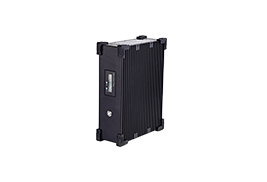
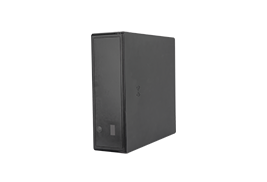
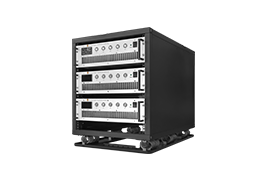
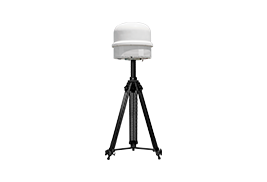
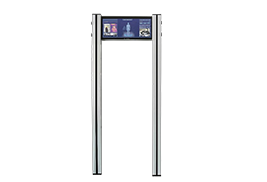
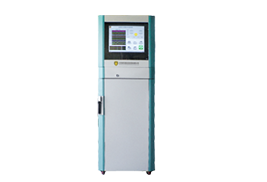


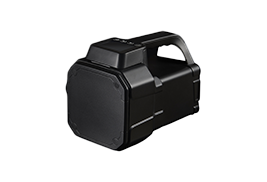
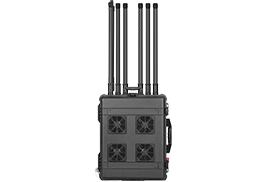
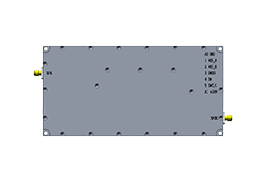
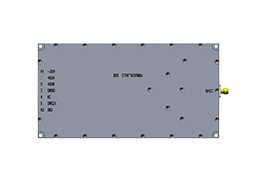
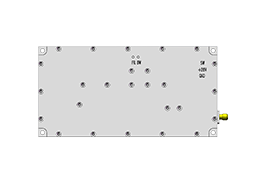
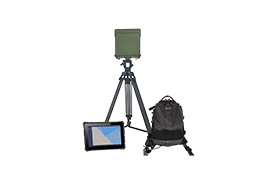

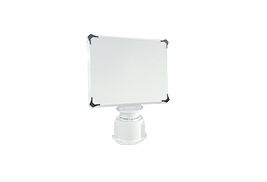
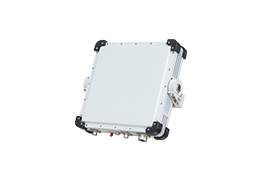



 X
X







 GLOBAL / ENGLISH
GLOBAL / ENGLISH

Audio jammers, also known as recording disruptors, are particularly suited for environments where confidentiality and privacy are paramount. Here are some typical locations where the use of audio jammers is appropriate:
Boardrooms and Meeting Rooms: In corporate settings, confidential meetings discussing sensitive business strategies, financial information, or intellectual property are prime sites for audio jammers to prevent industrial espionage.
Law Offices: Attorneys often require privacy for client meetings to maintain attorney-client confidentiality. Audio jammers can help protect against eavesdropping in such legal settings.
Private Offices: Executives and individuals in high-profile positions may use audio jammers to secure their conversations from being recorded without consent.
Research and Development Labs: Companies engaged in high-stakes research and development might use audio jammers to guard against the leakage of proprietary or innovative ideas.
Secure Government Facilities: In areas related to national security, military, or government, safeguarding conversations is critical, making audio jammers a useful tool.
Human Resources Departments: During sensitive negotiations, such as discussions about employee disputes, disciplinary actions, or job interviews, privacy is essential.
Personal Use in Vehicles or Homes: For individuals concerned about their privacy, audio jammers can be used in personal spaces like homes or cars, especially if they are often targeted by the media or other entities.
It’s important to note that the use of audio jammers should be considered carefully, as they might also block legitimate communications and are subject to legal restrictions in some jurisdictions. Always ensure that their deployment is compliant with local laws and ethics.












